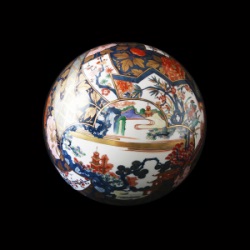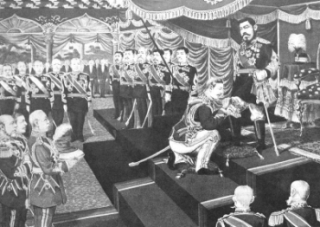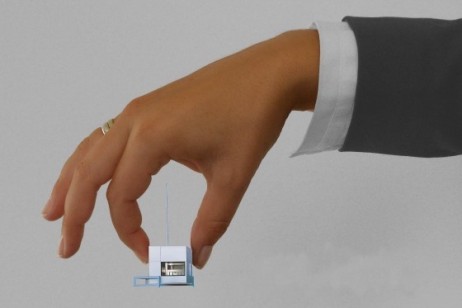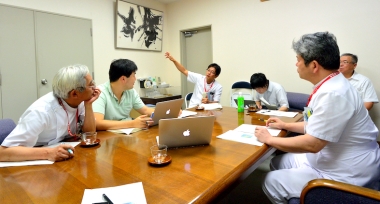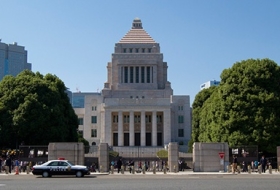3 June 2014
Preserving Videogames: Gameplay as Cultural Heritage
Since they first blipped and bleeped to life in the 1970s, videogames have become one of the most pervasive global cultural forms. However, while a diverse array of game studies books, journals, courses and conferences abound, they typically share one thing in common: they focus on Europe and the US. A game studies student might easily be forgiven for thinking that Japan played but a supporting role in game history, culture or development, and yet a game fan would likely revere names such as Sega, Capcom and Nintendo.
詳細
